Who is set to make money from the Oxford coronavirus vaccine?
Layers of private investors in line to profit from university’s Covid drug
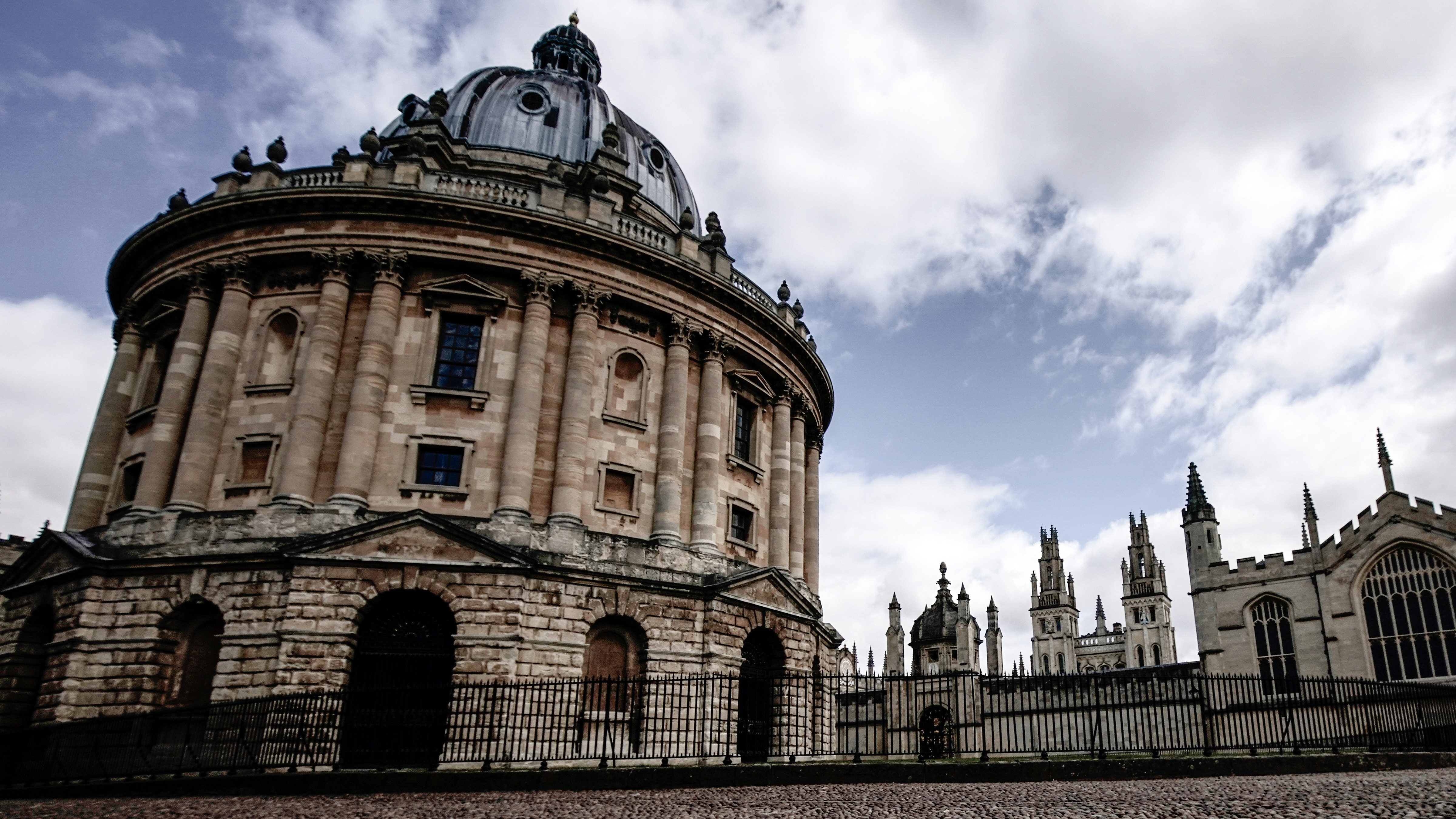
A free daily email with the biggest news stories of the day – and the best features from TheWeek.com
You are now subscribed
Your newsletter sign-up was successful
Huawei is among a wide range of private investors set to get a financial shot in the arm should the Oxford coronavirus vaccine succeed, it has emerged.
The Chinese tech giant was recently banned from Britain’s 5G network over security concerns, but an investigation by The Wall Street Journal (WSJ) found that Huawei is also linked to the vaccine project, alongside Google’s investment arm and two of the professors leading the research.
The Oxford team are front runners in the “race for a Covid-19 vaccine”, with the 900-year-old university’s Jenner Institute “competing against a number of large, publicly traded pharmaceutical companies”, says the New York City-based newspaper.
The Week
Escape your echo chamber. Get the facts behind the news, plus analysis from multiple perspectives.

Sign up for The Week's Free Newsletters
From our morning news briefing to a weekly Good News Newsletter, get the best of The Week delivered directly to your inbox.
From our morning news briefing to a weekly Good News Newsletter, get the best of The Week delivered directly to your inbox.
But exactly which private investors are in line to win big financial rewards from the university researchers’ work?
Vaccitech
“Oxford’s researchers are encouraged to form companies to commercialise their work,” The Times reports. Two of the leading scientists now working on the vaccine project, Sarah Gilbert and Adrian Hill, did just that in 2016, when they co-founded Vaccitech.
Today, the pair are reported to own about 10% of the company, which has been valued at around $86m (£66m). Asked by the newspaper about her financial stake in the company, Professor Gilbert said she was “concentrating on the vaccine trials”.
A free daily email with the biggest news stories of the day – and the best features from TheWeek.com
Vaccitech’s “technology is integral to the Oxford jab and the government has invested about £5m”, which means the UK authorities should also receive a cut of the revenues if the vaccine is successfully brought to market, The Times adds.
The firm’s chief executive, Bill Enright, told the WSJ that Vaccitech and its investors would receive a “big chunk of the royalties from a successful vaccine as well as ‘milestone’ payments, but only after the pandemic is declared over”.
Oxford Sciences Innovation (OSI)
Vaccitech’s largest shareholder is OSI, a company linked to Oxford University that led the efforts to raise the cash for the Covid vaccine research.
OSI owns a 46% stake in Vaccitech and “has raised around £600m from outside investors”, the WSJ reports, citing investor documents and people close to both firms.
The outside investors reportedly include the Wellcome Trust; Temasek Holdings, which is owned by the Singapore government; GV, an investment company owned by Google’s parent company; and Fosun Pharma, a Chinese drugmaker best known in the UK for owning Wolverhampton Wanderers football club.
Huawei
Despite having recently been banned from any involvement in the building of the UK’s 5G network, Huawei has retained a 0.7% cent stake in OSI, according to the WSJ.
The investment was “made in October 2018, before Oxford in January 2019 said it wouldn’t accept any more money from the Chinese telecom giant”, the paper reports.
A Huawei spokesperson told the WSJ that the company “owns stakes in a range of tech and innovation partners around the world”. Meanwhile, Jim Wilkinson, OSI’s interim chief executive, said the Chinese firm “has no special access to information” about the project.
Braavos Capital
OSI’s biggest investor is a firm started last year by Andre Crawford-Brunt, a former Deutsche Bank global chief. “Braavos now has a nearly 20% share of OSI,” says the WSJ, citing people familiar with the firms. And “through its stake in OSI, Braavos holds about 9% of Vaccitech”.
Astrazeneca
The university team are developing the vaccine alongside the global pharmaceutical giant.
But John Bell, regius professor of medicine at Oxford and one of the architects of the partnership, told The Times that “for the pandemic we’ve said we’re not taking any royalties and Astrazeneca are saying they’re not making any money”.
However, should there prove to be a market for regular vaccinations against coronavirus in the future, “there is some money to be made”, he added.
Astrazeneca chief executive Pascal Soriot told Bloomberg TV last week that the company could make a “reasonable profit” in the developed world from its involvement in the vaccine development and distribution.
Joe Evans is the world news editor at TheWeek.co.uk. He joined the team in 2019 and held roles including deputy news editor and acting news editor before moving into his current position in early 2021. He is a regular panellist on The Week Unwrapped podcast, discussing politics and foreign affairs.
Before joining The Week, he worked as a freelance journalist covering the UK and Ireland for German newspapers and magazines. A series of features on Brexit and the Irish border got him nominated for the Hostwriter Prize in 2019. Prior to settling down in London, he lived and worked in Cambodia, where he ran communications for a non-governmental organisation and worked as a journalist covering Southeast Asia. He has a master’s degree in journalism from City, University of London, and before that studied English Literature at the University of Manchester.
-
 Local elections 2026: where are they and who is expected to win?
Local elections 2026: where are they and who is expected to win?The Explainer Labour is braced for heavy losses and U-turn on postponing some council elections hasn’t helped the party’s prospects
-
 6 of the world’s most accessible destinations
6 of the world’s most accessible destinationsThe Week Recommends Experience all of Berlin, Singapore and Sydney
-
 How the FCC’s ‘equal time’ rule works
How the FCC’s ‘equal time’ rule worksIn the Spotlight The law is at the heart of the Colbert-CBS conflict
-
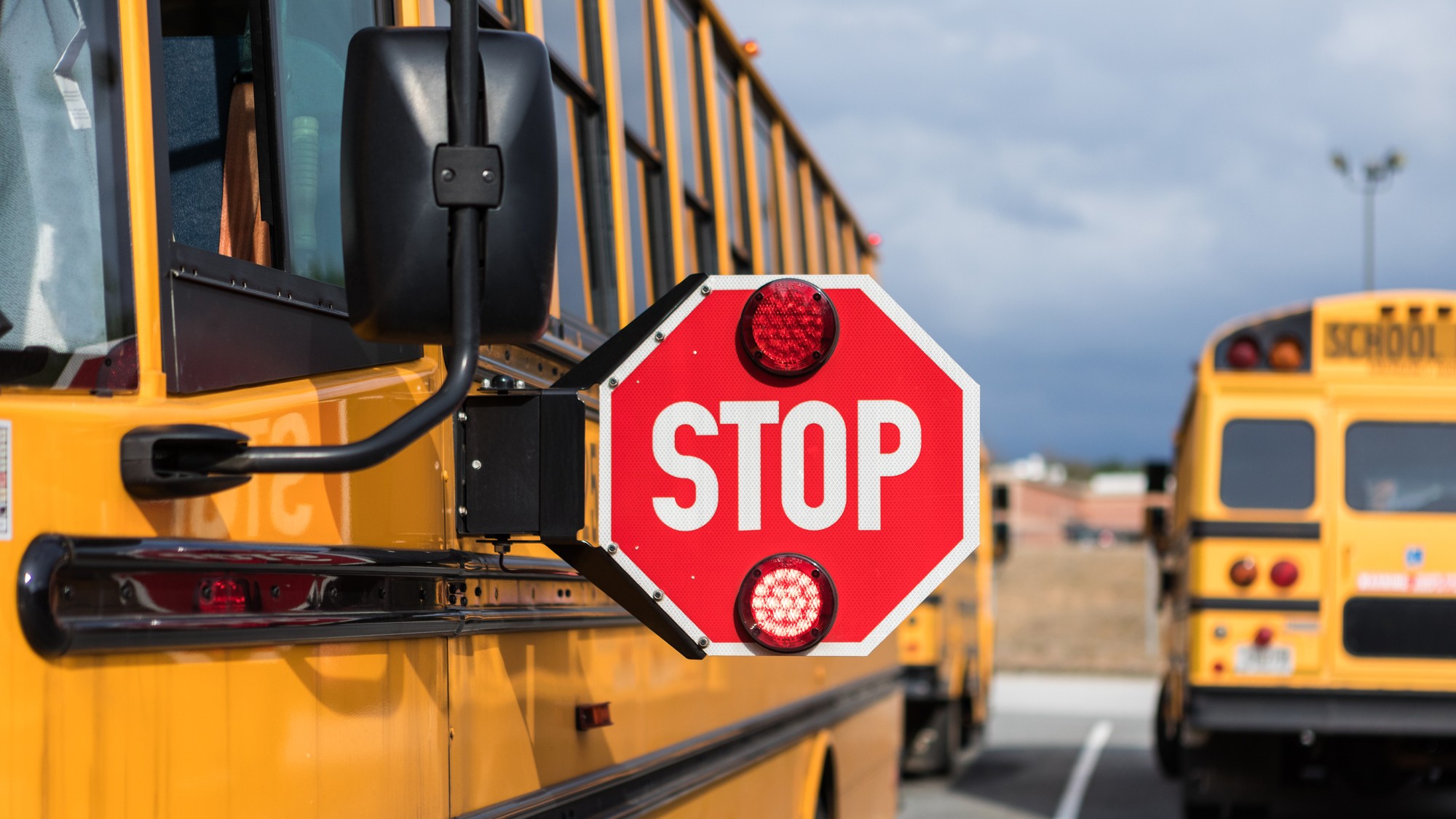 Schools are suffering from low attendance
Schools are suffering from low attendanceUnder the radar But students are suffering even more
-
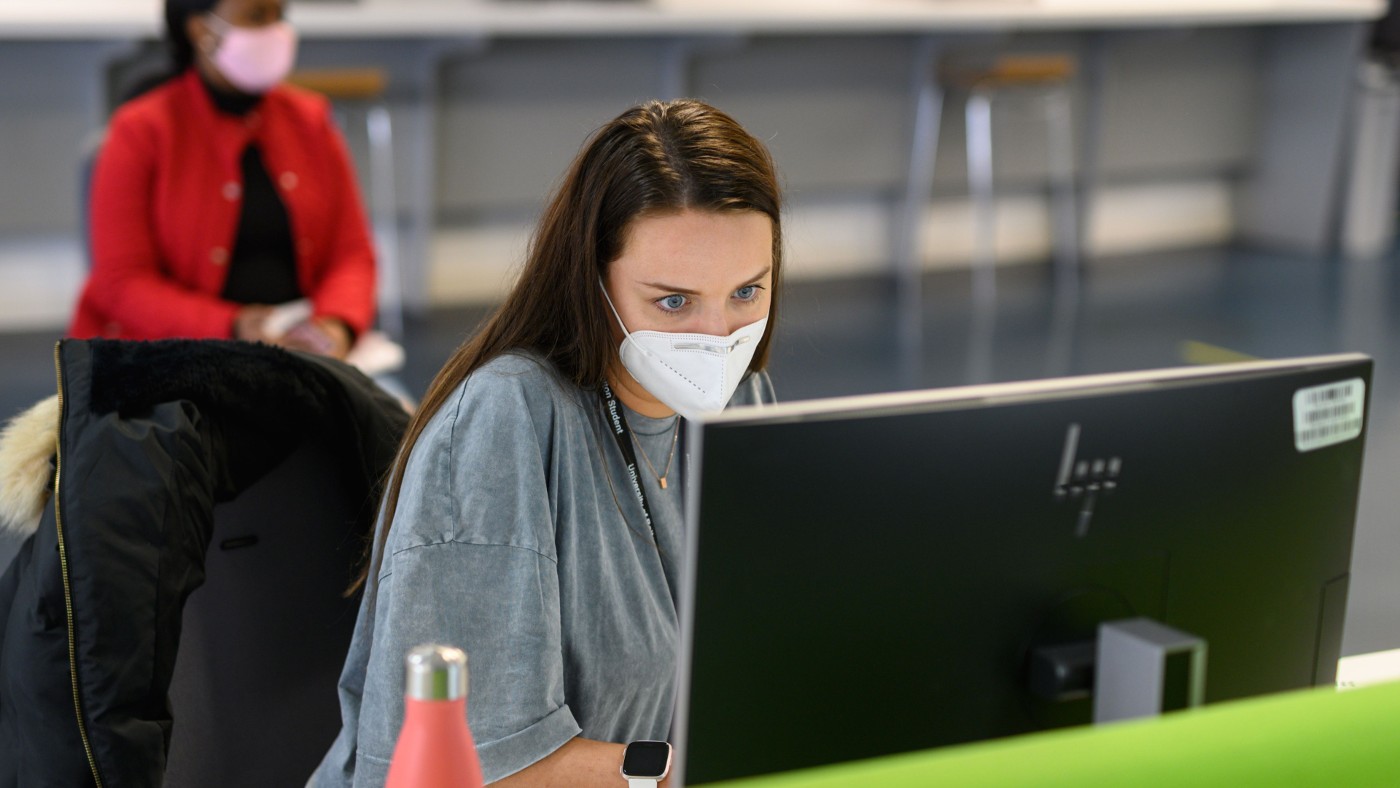 The UK students taking on universities over Covid disruption
The UK students taking on universities over Covid disruptionfeature Claimants say they received poor service and felt like ‘lowest form of life in food chain’
-
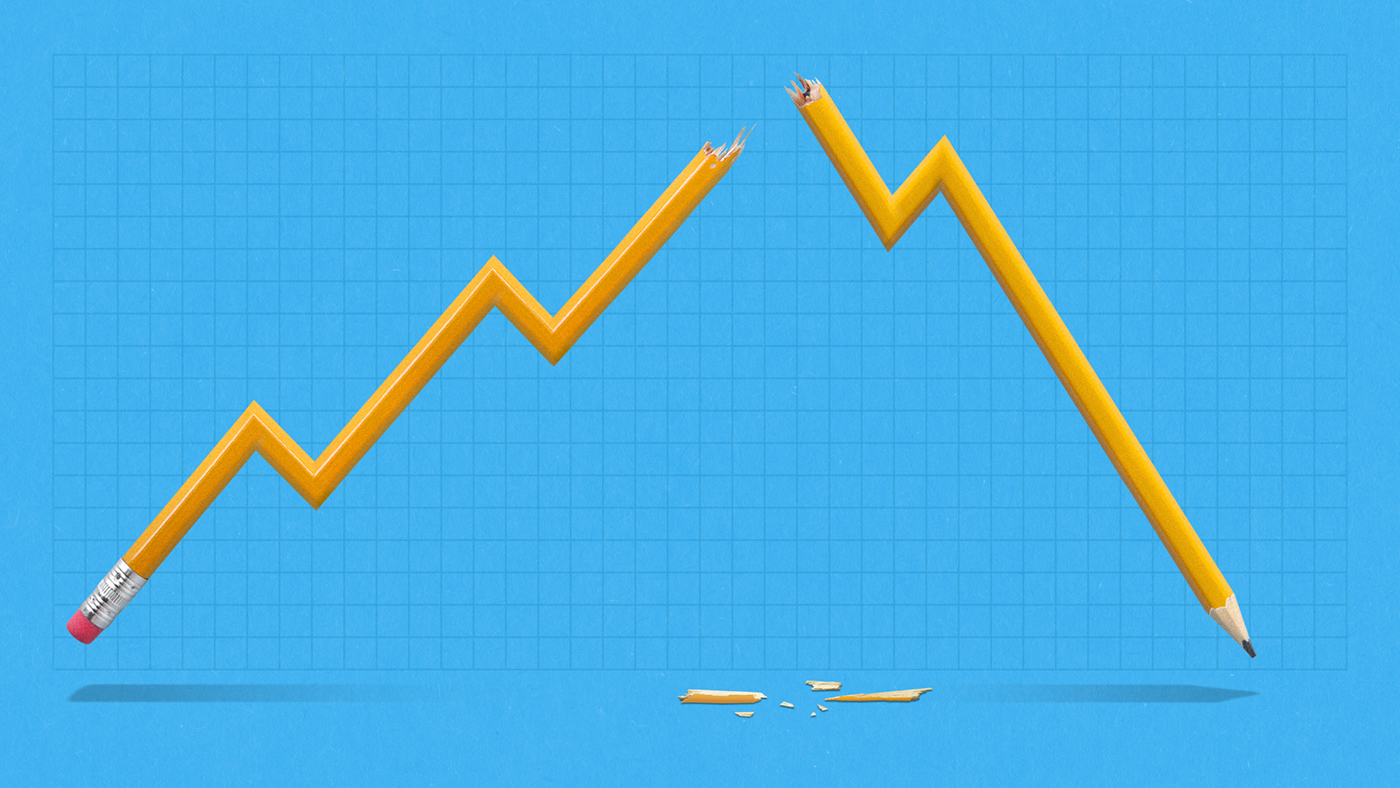 How can US students recover from pandemic learning loss?
How can US students recover from pandemic learning loss?Today's Big Question Test scores in math and reading are still dropping
-
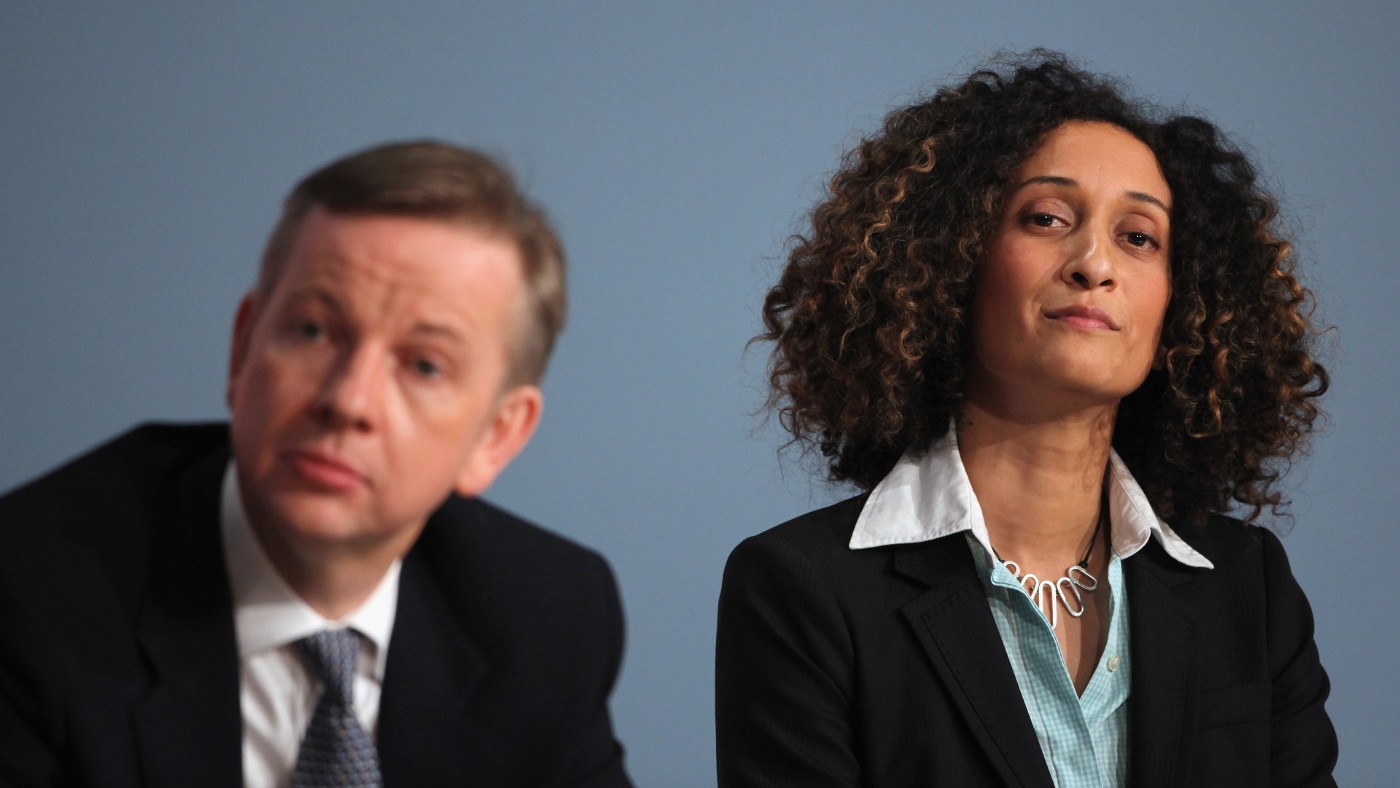 Katharine Birbalsingh: Britain’s ‘strictest head teacher’ takes aim at Jess Phillips
Katharine Birbalsingh: Britain’s ‘strictest head teacher’ takes aim at Jess PhillipsIn the Spotlight Former social mobility tsar accuses Labour MP of racism in Twitter spat
-
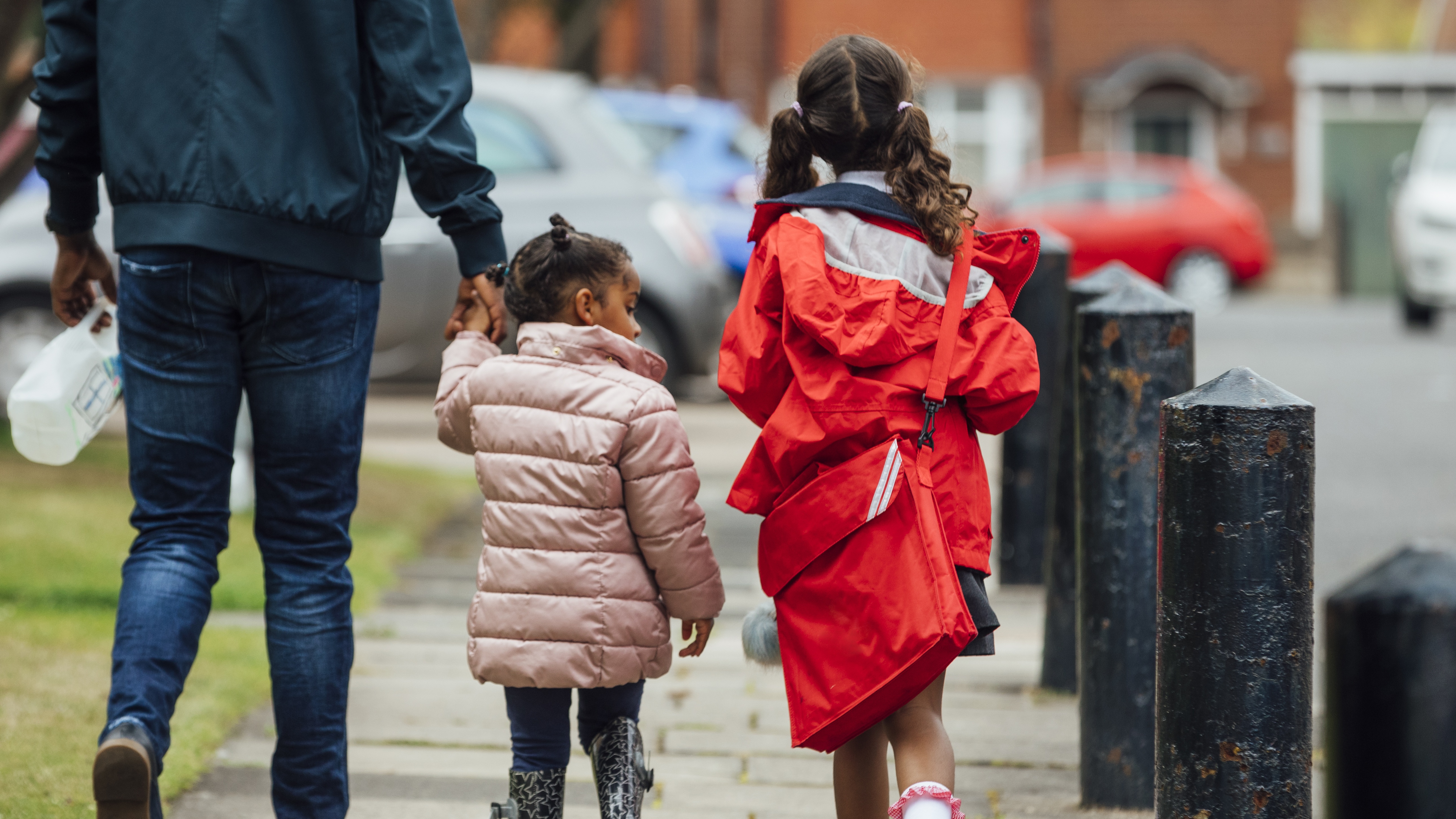 Are Covid infections in schools holding back the national recovery?
Are Covid infections in schools holding back the national recovery?Today's Big Question Rising case numbers in children and people aged 65 and over could lead to more hospitalisations
-
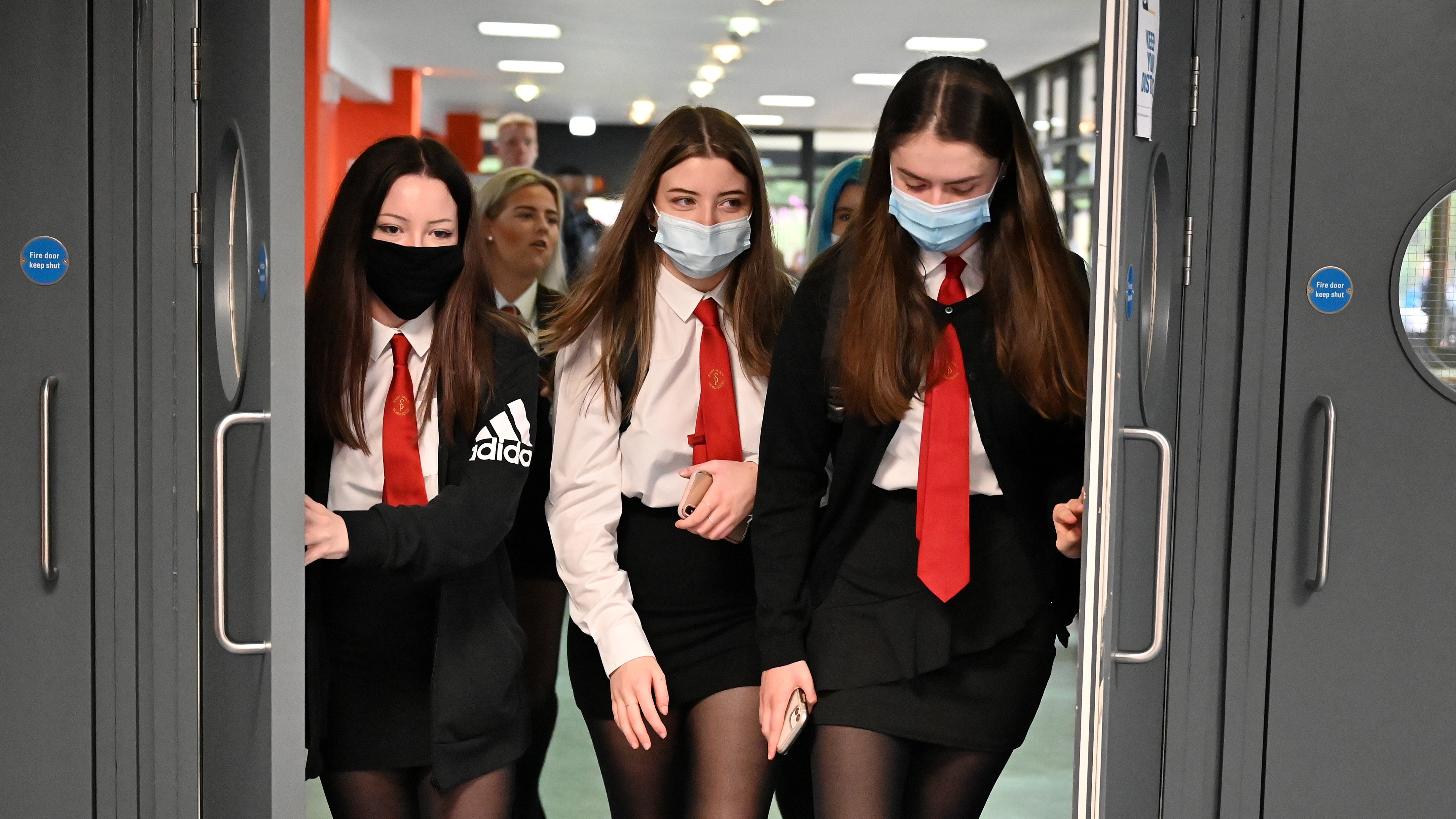 ‘Omicron tidal wave’: will schools be forced to close again?
‘Omicron tidal wave’: will schools be forced to close again?Under the Radar Staff and pupil absences already causing ‘chaos’, headteachers and unions warn
-
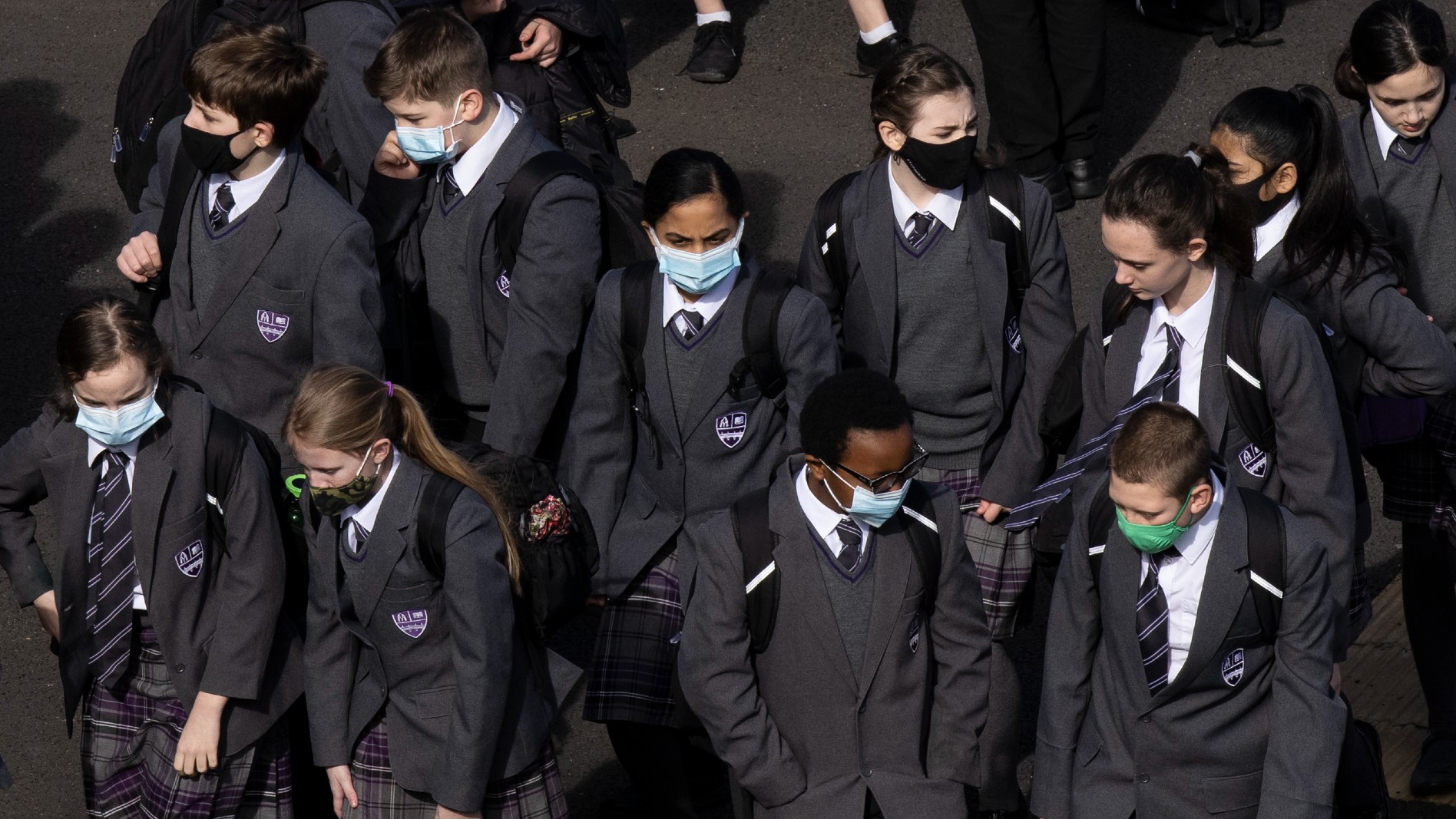 Why ministers are facing scrutiny over ‘haphazard’ teen vaccination campaign
Why ministers are facing scrutiny over ‘haphazard’ teen vaccination campaignIn Depth England’s Covid jab programme for 12 to 15-year-olds has fallen behind Scotland’s
-
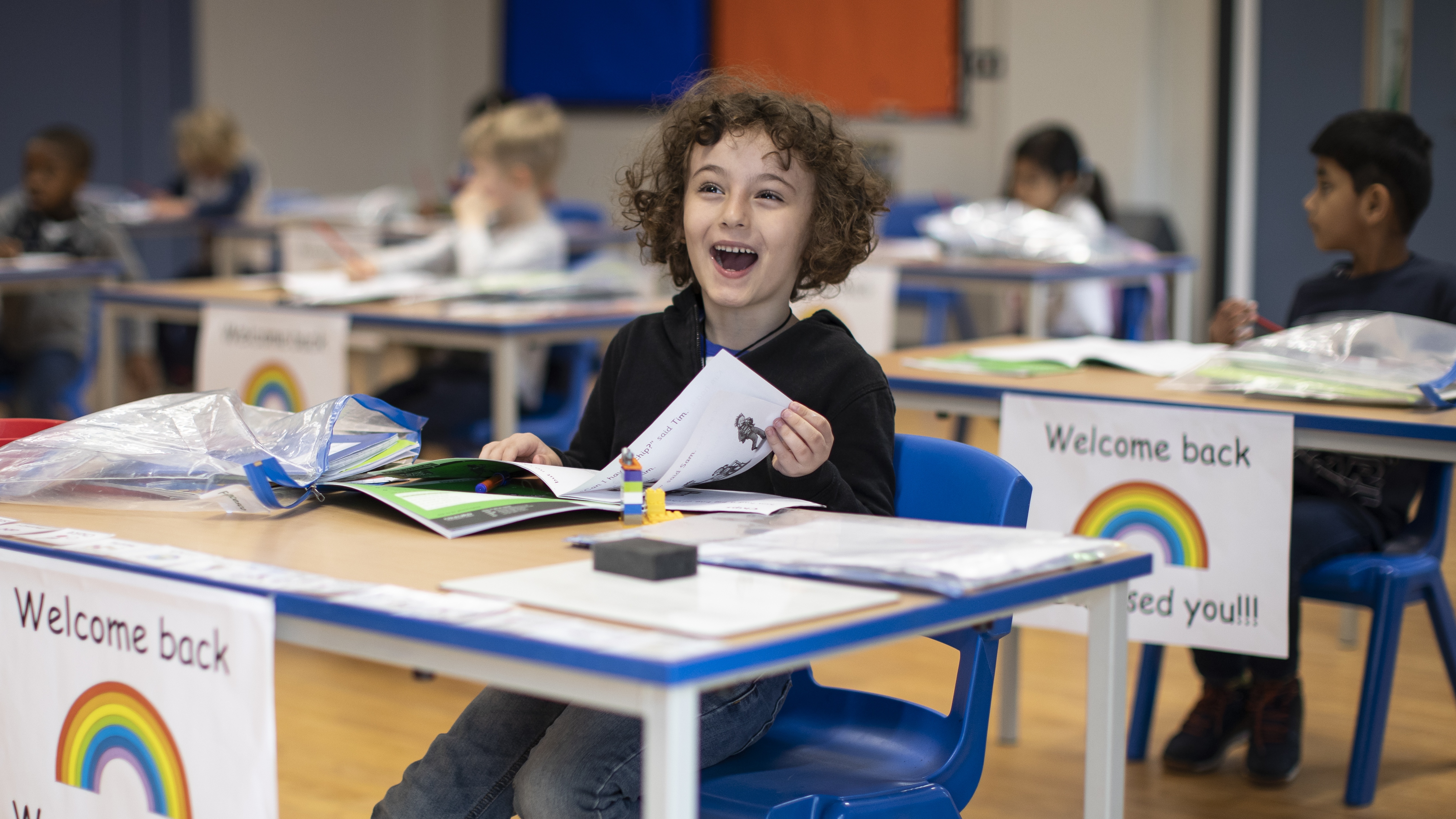 Schools did not become ‘hubs of infection’ during third Covid wave, says study
Schools did not become ‘hubs of infection’ during third Covid wave, says studyfeature Only 0.42% of secondary students tested positive in June